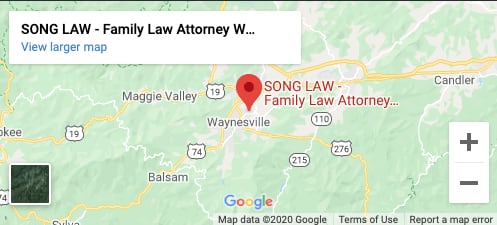Termination of parental rights ends the legal parent-child relationship. Once the relationship has been terminated, the child is legally free to be placed for adoption, with the objective of securing a more stable, permanent family environment that can meet the child’s long-term parenting needs.
Termination may be voluntary or involuntary. Birth parents who wish to place their children for adoption may voluntarily relinquish their rights. When addressing whether parental rights should be terminated involuntarily, most States require that a court:
- Determine, by clear and convincing evidence, that the parent is unfit
- Determine whether severing the parent-child relationship is in the child’s best interest
The grounds for involuntary termination of parental rights are specific circumstances under which the child cannot safely be returned home because of risk of harm by the parent or the inability of the parent to provide for the child’s basic needs. Each State is responsible for establishing its own statutory grounds, and these vary by State.
The most common statutory grounds for determining parental unfitness include:
- Severe or chronic abuse or neglect
- Abuse or neglect of other children in the household
- Abandonment
- Long-term mental illness or deficiency of the parent(s)
- Long-term alcohol- or drug-induced incapacity of the parent(s)
- Failure to support or maintain contact with the child
- Involuntary termination of the rights of the parent to another child
The above factors become grounds for terminating parental rights when reasonable efforts by the State to prevent out-of-home placement or to achieve reunification of the family after placement have failed to correct the conditions and/or parental behaviors that led to State intervention.
Another common ground for termination is a felony conviction of the parent(s) for a crime of violence against the child or another family member, or a conviction for any felony when the term of incarceration is so long as to have a negative impact on the child, and the only available provision of care for the child is foster care.


